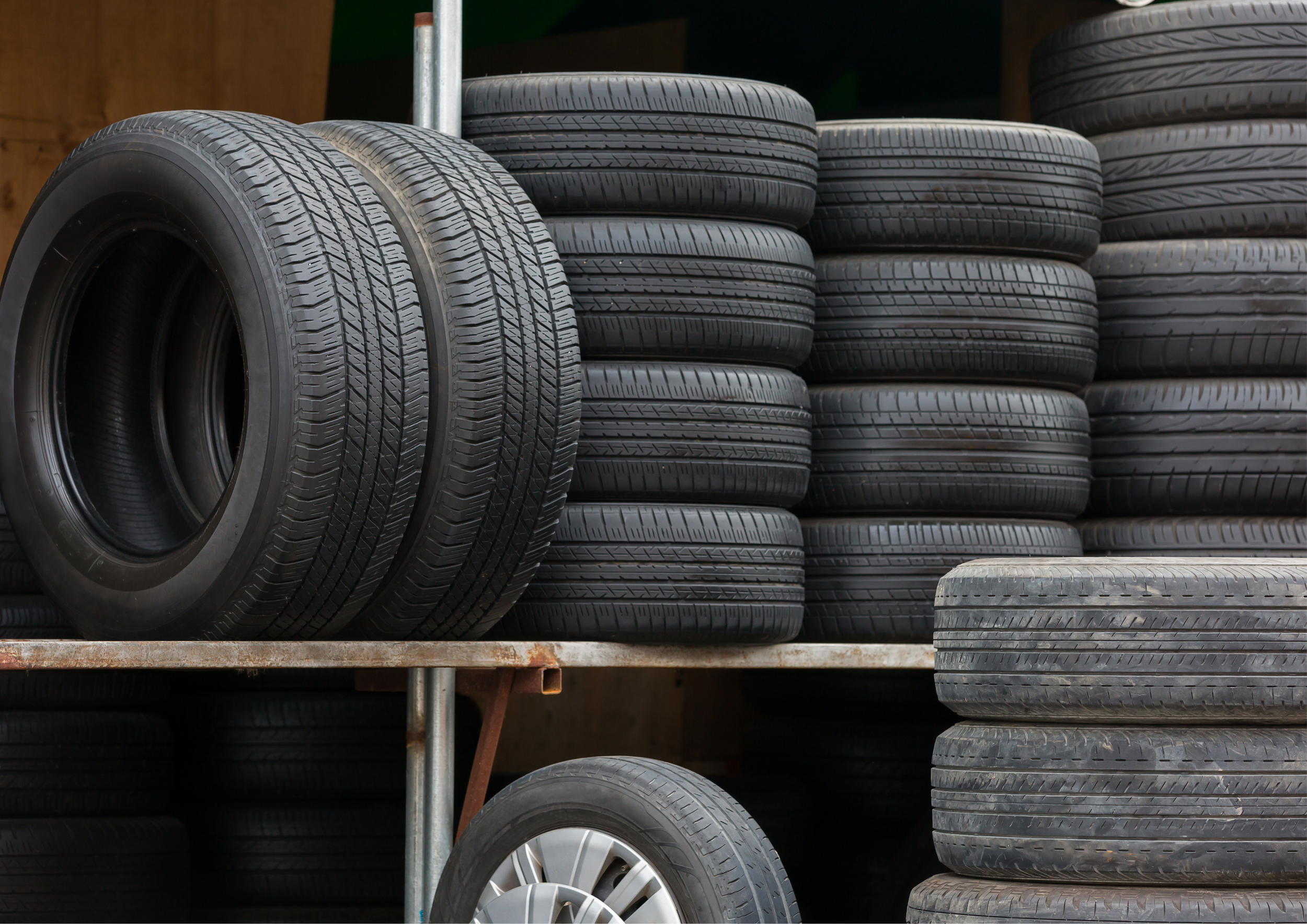FOI investigation exposes Britain's hidden tyre safety crisis
A comprehensive Freedom of Information investigation has revealed the shocking scale of Britain's tyre safety crisis, with official government data showing 3.1 million individual tyre defects caused MOT failures in the 13-month period from July 2023 to July 2024 – including more than 600,000 vehicles driving on tyres with exposed cords.
The investigation, commissioned by Point S Tyre & Autocare – the UK's leading independent network that refuses to sell part-worn tyres – obtained detailed breakdowns of MOT failure data that expose a national road safety emergency affecting millions of drivers. The findings are supported by independent analysis from TyreSafe, the UK's leading tyre safety charity, whose data shows broadly aligned figures.
Analysis of Driver and Vehicle Standards Agency data reveals that 3,133,915 individual tyre defect instances resulted in MOT failures during this period. Most alarmingly, 2.38 million of these failures were classified as 'dangerous' defects, meaning vehicles posed an immediate risk to road safety.
The data shows that 603,416 vehicles were found to have tyres with exposed plies or cords – a catastrophic failure condition that significantly increases the risk of sudden tyre failure at speed. A further 1.16 million vehicles failed due to insufficient tread depth below the legal minimum of 1.6mm.
The scale becomes even more concerning when considering the 9.03 million vehicles that received tyre-related advisory notices during the same period, warning drivers of developing problems that require attention before becoming dangerous. This suggests millions more drivers are potentially ignoring early warning signs that could prevent future failures.
"The sheer scale of MOT failures highlighted by this investigation is deeply concerning," said Stuart Lovatt, Chair of TyreSafe. "These figures are a stark reflection of widespread neglect and show that millions of vehicles are failing to meet the legal standards already in place. Tyres are the most critical safety feature on any vehicle, and their condition is entirely within the driver's control. TyreSafe urges every motorist to immediately commit to a simple, frequent check routine to ensure full compliance with the law. We all have a personal responsibility to safeguard every journey and reduce an entirely preventable risk on our roads."
"These government figures reveal a road safety endemic that demands immediate action," said Ali Yilmaz, Managing Director of Point S UK. "With more than 3 million tyre defects causing MOT failures and 600,000 vehicles driving on tyres with exposed cords, we're facing a crisis that affects every family in Britain. As professionals on the front line of vehicle safety, we see first-hand how even marginal tyre issues can become catastrophic."
The investigation revealed significant regional variations in tyre safety, with Birmingham recording the highest number of MOT tyre failures at 73,971, followed by Bristol with 68,251 failures. Portsmouth recorded 61,543 failures, while Sheffield and Nottingham also featured prominently with 57,669 and 57,714 failures respectively.
While TyreSafe is advising motorists to take extra care, Point S has gone a step further and called for immediate reform to the way tyre defects are assessed in MOT tests, arguing that the current system's tolerance for tyre defects fundamentally misunderstands the critical safety role tyres play.
"Tyres are the only point of contact between a vehicle and the road – if they are compromised, so is everyone's safety. The MOT should reflect that with zero tolerance for tyre defects," Yilmaz explained.
The network's position is informed by its unprecedented decision to completely ban part-worn tyre sales across all member locations, despite the commercial challenges this presents. "The Point S network goes a step further – none of our members sell part-worn tyres due to the inherent safety risks. Selling and fitting part-worn parts makes little logical sense – you wouldn't fit part-worn brake pads, so why is it okay to do so for tyres?"
The timing of these revelations coincides with the automotive industry's transition toward electric vehicles, which present additional tyre safety challenges. Industry analysis suggests significant growth in the replacement tyre market owing to the rise in EV sales and their faster tyre wear rates.
"Safety shouldn't be a grey area," Yilmaz added. "We welcome dialogue with regulators, but we're clear on one thing – when it comes to tyres, there's no such thing as 'minor'. With more than three million individual tyre defects causing MOT failures, we clearly have a systemic problem that requires urgent attention. Every one of these statistics represents a potential tragedy waiting to happen."

